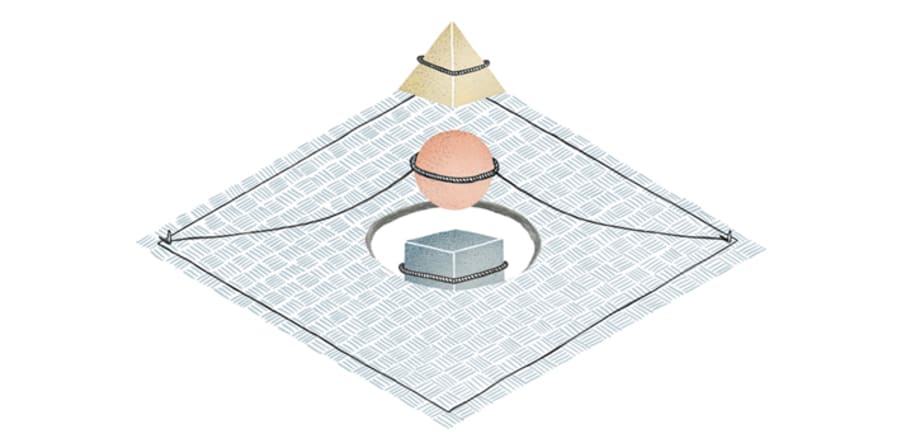
UAL’s Disability Service arranges adjustments and specialist support for disabled and neurodivergent students. We work to remove disabling barriers to study.
The students we work with include those with:
- Dyslexia or another Specific Learning Difference
- A sensory impairment
- A physical impairment
- A long-term health or mental health condition
- Autism
- Another long-term condition which has an impact on your day-to-day life
The Disability Service offers advice and support:
- Before you start university.
- At any stage of your student journey.
Please contact us as soon as you can.
How to get support from the Disability Service
- Each course has a named Disability Adviser.
- The Disability Adviser is the person who will set up your support and adjustments.
- They can meet with you online via Microsoft Teams, via phone or in person.
- Contact the Disability Service and the Disability Adviser will arrange to meet with you.
- To contact the Disability Service, you can:
- Email disability@arts.ac.uk
- Call +44 (0)20 7514 6156 (1pm to 4pm)
What to expect from the first meeting with the Disability Adviser
The first appointment with your Disability Adviser usually involves:
- Identifying any disability related barriers to your studies.
- Agreeing adjustments and support to remove these barriers.
- Creating an Individual Support Agreement (ISA). An ISA sets out the reasonable adjustments you need for your studies. For example, this could include additional time for assignments. You and your Disability Adviser will agree who to share the ISA with.
- Identifying equipment and assistive technology that may be useful.
- Identifying disability related funding you may be eligible for.
- Signposting to other services.
Conversations with your Disability Adviser are confidential to the Disability Service. We only share information with your tutors or other departments with your permission. There are exceptions - please see the Disability Service Confidentiality Guide PDF (1.2MB).